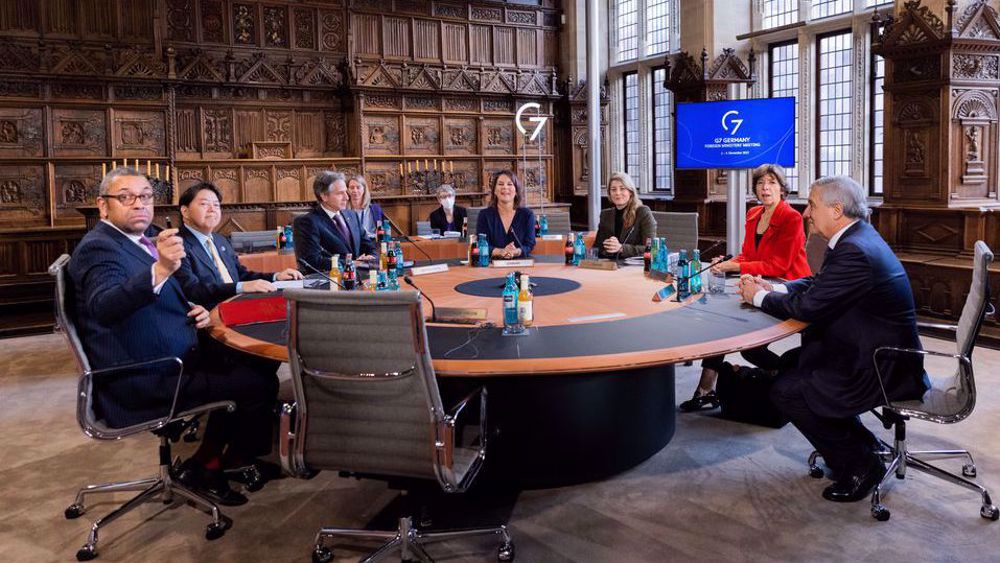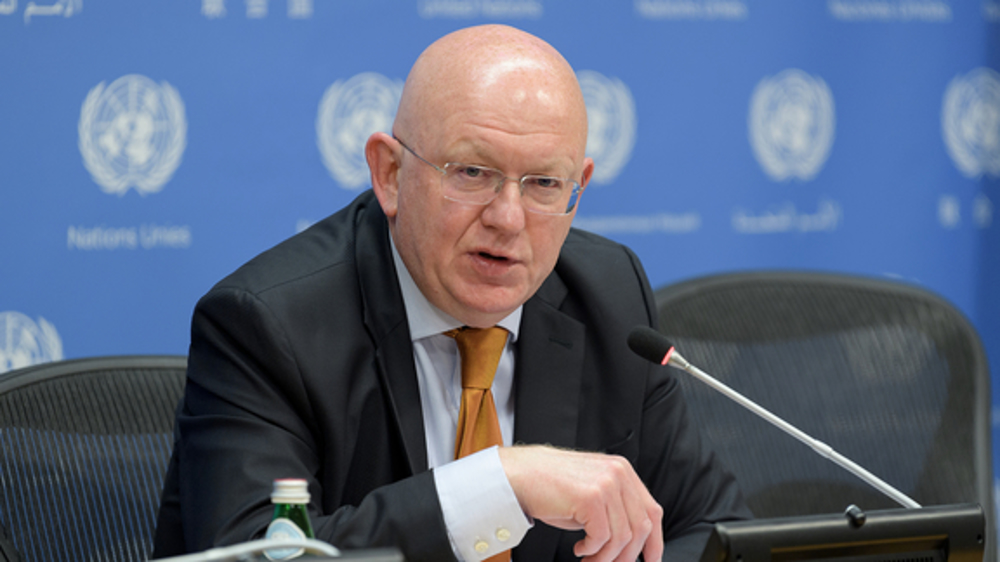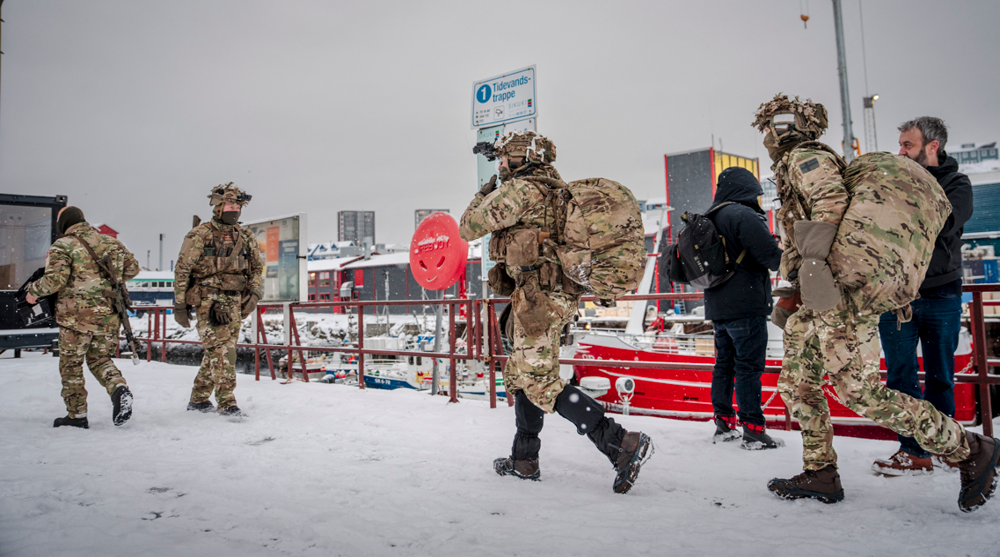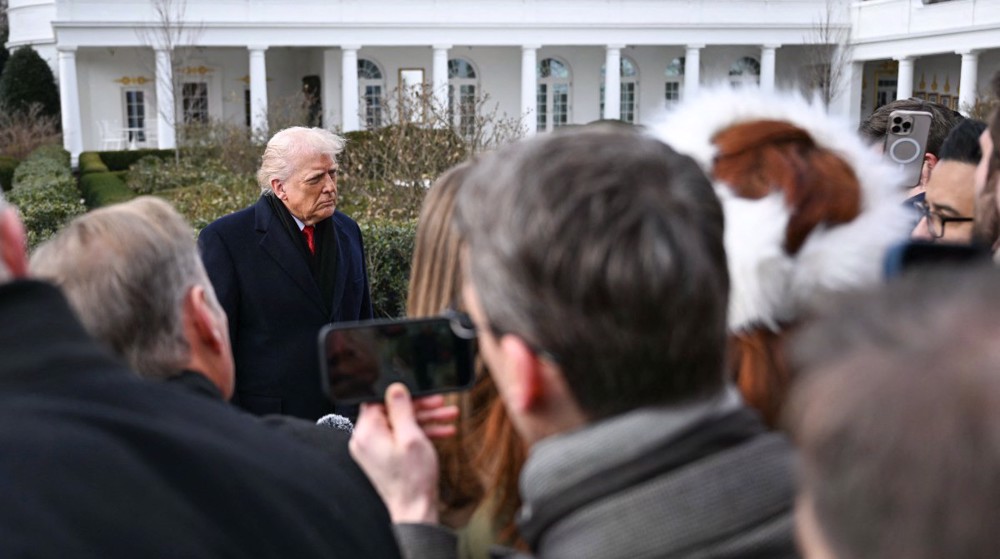G7 warns Russia against using non-conventional weapons in Ukraine
The Group of Seven advanced economies has warned Russia against, what it calls, Moscow's potential use of non-conventional weapons during its ongoing war in Ukraine.
"Any use of chemical, biological, or nuclear weapons by Russia would be met with severe consequences," the group's foreign ministers said in a statement on Friday after wrapping up two days of talks in the western German city of Münster. The G7 comprises the United States, the UK, Canada, Germany, France, Italy, and Japan.
"We also reject Russia’s false claims that Ukraine is preparing a radiological 'dirty bomb,'" the statement added.
Russia and Ukraine have reciprocally accused each other of plans to deploy such devices during the conflict, which began in February.
Dirty bombs, which are also known as Radiological Dispersal Devices (RDD), are not as potent as nuclear weapons but can disperse radioactive materials throughout the targeted areas upon explosion.
The G7's statement alleged that the UN's nuclear watchdog had carried out inspections across Ukraine and had found no evidence showing that Kiev was harboring any such devices.
"The inspections by the International Atomic Energy Agency (IAEA) confirmed that these allegations are baseless, and we commend Ukraine for its transparency," the group said, accusing Russia of leading an "irresponsible nuclear rhetoric."
Most recently, Russia brought up the accusation in separate letters addressed by the country's United Nations Ambassador Vassily Nebenzia to the world body's Secretary-General Antonio Guterres and the UN Security Council late last month.
"We will regard the use of the 'dirty bomb' by the Kiev regime as an act of nuclear terrorism," Nebenzia wrote in the letters. "We urge the Western countries to exert their influence on the regime in Kiev to abandon its dangerous plans threatening international peace and security," he added.
The developments come amid an ongoing Russian "special military operation" in Ukraine.
The Kremlin says it launched the operation in order to defend the pro-Russian population in the eastern Ukrainian regions of Donetsk and Luhansk against persecution by Kiev.
Back in 2014, the two republics broke away from Ukraine, refusing to recognize a Western-backed Ukrainian government there that had overthrown a democratically-elected Russia-friendly administration.
VIDEO | Fighting British state
Pezeshkian calls recent riots in Iran part of ‘failed’ US-Israeli war
VIDEO | Iran unity nullifies sedition
UK ‘preemptively’ discharges pro-Palestine hunger strikers recovering in hospital
US dollar falls in Iran amid rising export currency supply
Trump’s ‘Board of Peace’ for Gaza an extension of Israeli occupation: Ex-UN rights chief
IMF expects Iran’s economy to grow by 1.1% in 2026
Over 9,350 Palestinians held in Israeli prisons as of early January: Rights groups











 This makes it easy to access the Press TV website
This makes it easy to access the Press TV website